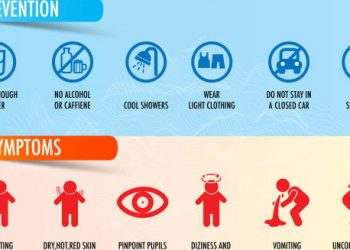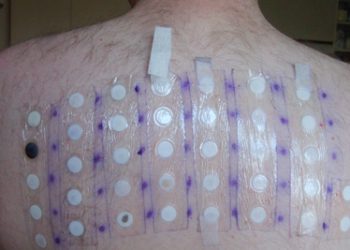Symptoms of Clostridium difficile
Symptoms of Clostridium difficile infection can range from mild to severe, with complications arising rapidly if not addressed. Most people with Clostridium difficile experience diarrhoea and abdominal discomfort, but serious cases can lead to life-threatening bowel conditions.
1. Diarrhoea
Frequent, watery stools—often more than three times per day—are the most common early symptom. The diarrhoea typically has a distinctive foul odour and may contain mucus or, less commonly, blood.
2. Abdominal Pain and Cramping
Patients often report lower abdominal pain, bloating, and cramping. The discomfort can vary from mild to severe and may intensify after eating or during bowel movements.
3. Fever | Symptoms of Clostridium difficile
A moderate fever (38°C or above) is a common systemic symptom, signalling the body’s immune response to infection and inflammation of the colon.
4. Nausea and Loss of Appetite
C. difficile may cause gastrointestinal upset, leading to nausea, reduced appetite, and weight loss. These symptoms often accompany diarrhoea and may lead to dehydration.
5. Dehydration
Due to fluid loss from persistent diarrhoea, dehydration can become a serious issue. Symptoms include dry mouth, dark urine, dizziness, and confusion, particularly in older patients.
6. Severe Complications
In advanced cases, patients may develop:
- Pseudomembranous colitis: Inflammation with visible plaques in the colon
- Toxic megacolon: A dangerous dilation of the colon requiring emergency treatment
- Sepsis: A life-threatening response to infection
- Bowel perforation: A rare but fatal complication
7. Recurrent Symptoms | Symptoms of Clostridium difficile
Up to 25% of patients experience recurrence within weeks of initial treatment. These episodes are often more resistant to antibiotics and may require alternative therapies.
The symptoms of Clostridium difficile should never be ignored, particularly in recently hospitalised patients or those taking antibiotics. Early treatment significantly reduces the risk of serious complications and improves recovery outcomes.
[Next: Diagnosis of Clostridium difficile →]


